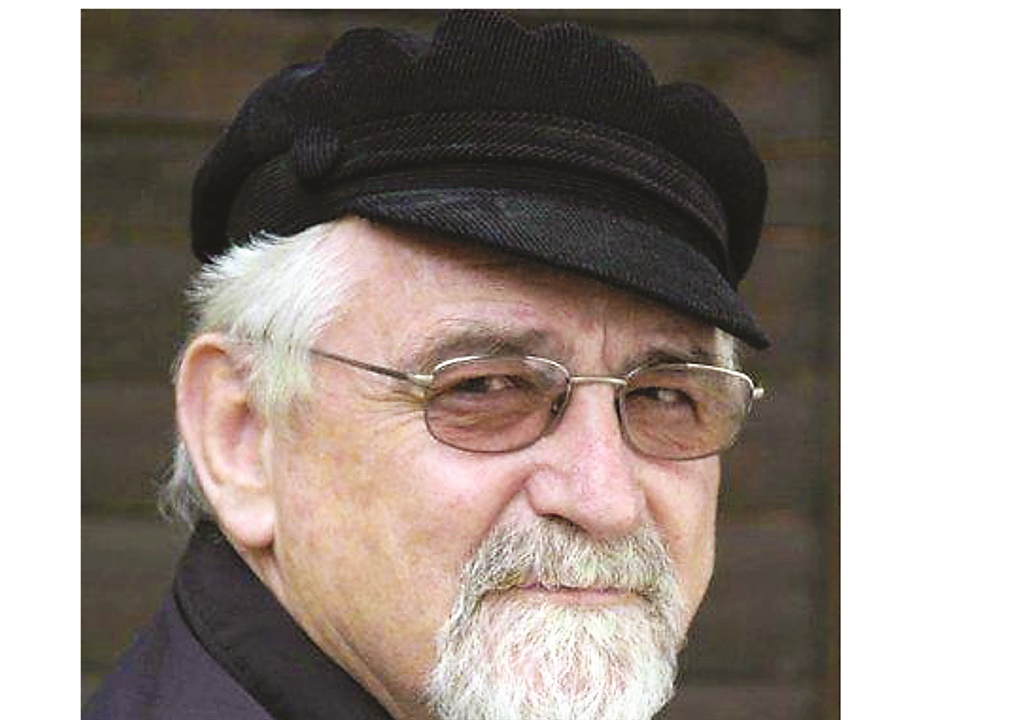
Perhaps it is appropriate that this week ends on Valentine’s Day. It should provide some respite from political high jinks and the parlous state of the real economy. And despite the recent interest rate hike and dire warnings about soaring household debt, many retailers and restaurateurs should be celebrating as they tally their weekend takings.
In many countries around the world, much the same will apply as shop tills – especially at confectionaries and florists – produce a veritable cacophony of rings and bleeps as they hope for record sales. The US, where what has been called the commercialisation of Cupid had its origins, will lead the way in terms of messages and gifts delivered and romantic dinners consumed.
But this year will also see a further decline in the very element that started the modern Valentine’s Day celebration: the card. Millions of these will now flit electronically from computer to computer. And not many people involved will bother to think about the implications of this any more than they may know about the origins and history of the
day itself.
But fewer physical cards means less work for printers and for those who supply the materials for such production. There is also less work for postal sorters and deliverers. In the greater scheme of things, this is minor, but it is a reflection of how the march of progress affects jobs.
A slightly more dramatic example came quite soon after the first Valentine’s cards were mass-produced by the daughter of a printer and stationery shop owner in the town of Worcester in the US. In 1847, a young Esther Howland, copying the ornate handmade cards produced in England, began producing cards using an assembly line approach, employing local women.
But it was only a matter of time before the cutting, pasting and folding needed was done by machine. However, Worcester developed into a centre for textile and shoe manufacturing that provided new jobs, until that too succumbed to cheaper, faster imports.
At the time that Howland and her all-female assembly line were producing cards, these had to be posted. This required envelopes, which were also then largely handmade. But a local doctor, perhaps inspired by the success of Howland’s Valentine’s cards, invented an envelope machine.
Dr Russell L Hawes went on to develop a self-feeding device that further reduced the number of workers required. Instead of the hundreds of envelopes that one worker could produce in a day, the machine produced more than 10 000.
At the same time in Europe, there was a similar surge of labour-saving inventiveness.
This led radical thinkers such as Karl Marx and Friedrich Engels to postulate that this would lead to “an epidemic that, in all earlier epochs, would have seemed an absurdity — the epidemic of overproduction”. They were right, and it did.
It led to a series of booms and slumps that culminated in the massive extension of credit that played a major role in the current and ongoing economic crisis.
So the history of Valentine’s Day cards provides a glimpse of how technological advances resulted in job shedding, but in days when there were still other jobs to go to.




 Publications
Publications
 Partners
Partners








